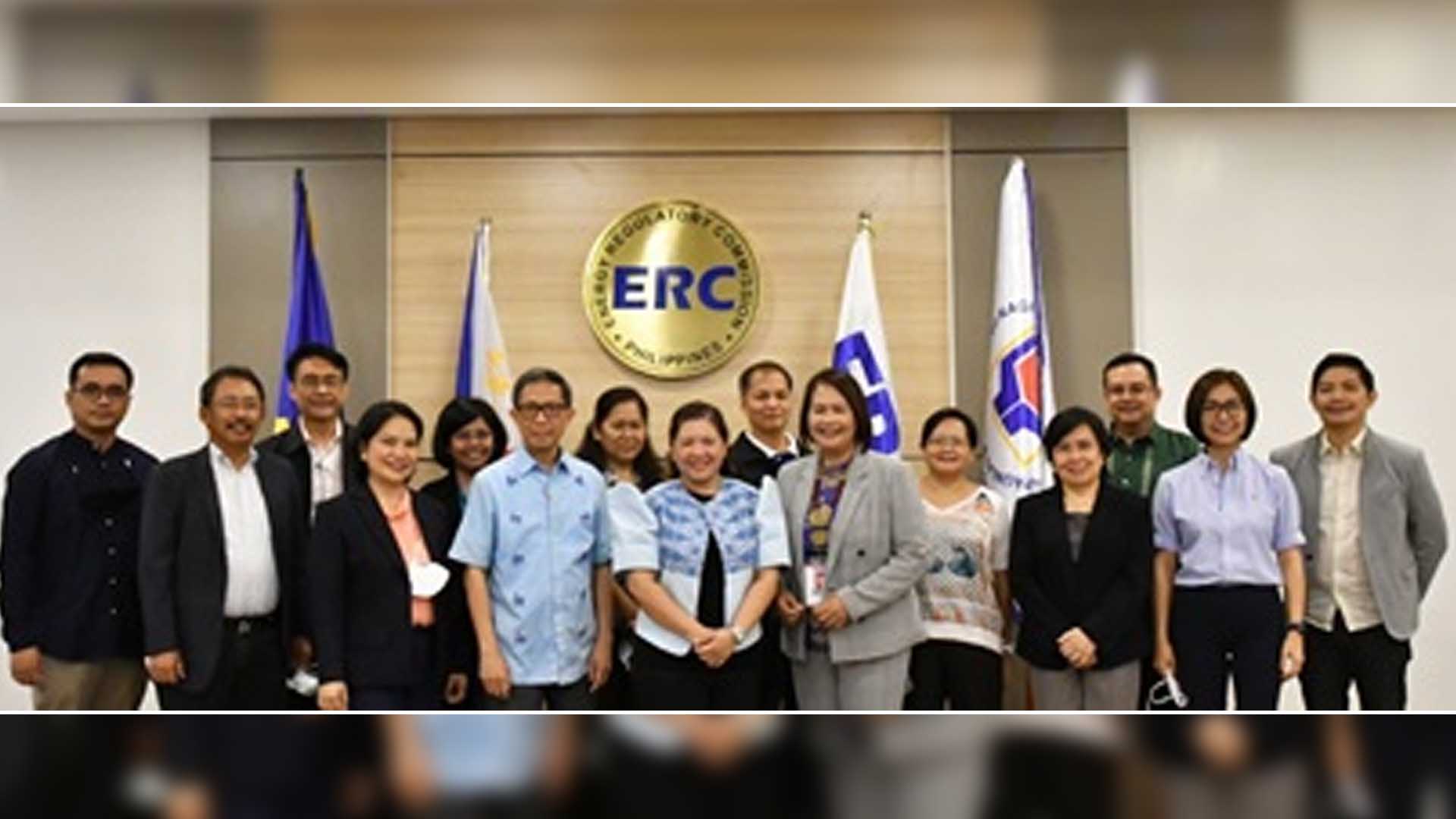Almost six million “poorest of the poor” Filipino families are now set to be given aid in their monthly electricity bill for 30 more years following the approval of the Implementing Rules and Regulations (IRR) of the law on Extending and Enhancing the Implementation of the Lifeline Rate.
The Energy Regulatory Commission (ERC), Department of Energy (DOE) and the Department of Social Welfare and Development (DSWD) jointly signed the IRR of Republic Act No. 11552 on October 28, 2022. RA 11552 is also known as “An Act Extending and Enhancing the implementation of the Lifeline Rate, Amending for the Purpose Section 73 of Republic Act. No. 9136 (Electric Power Industry Reform Act of 2021).”

DOE Secretary Raphael P.M. Lotilla said “the lifeline rate program in the Philippines is one of the best designed lifeline rate programs in the world; ours is better targeted.”
The DOE, led by Lotilla, has been tasked to formulate and promulgate the policy guidelines of RA 11552, ensuring the law and its IRR are lawfully implemented. The task is consistent with President Ferdinand “Bong Bong” Marcos Jr.’s administration’s steadfast commitment in seeing to it that the benefits of the government’s energy policies and programs are felt by the poorest of the poor.
A fair and equitable lifeline subsidy implementation
Qualified marginalized electricity end-users are targets of the signed IRR, pursuant to R.A.1152, in terms of ensuring the subsidy given to the beneficiaries is distributed fairly. The DSWD has expressed its commitment to assist in the implementation in order for the IRR to meet the “fair and equitable” objective.
Thirty more years of subsidy to 6 million electricity consumers
An amendment made on Section 73 of the EPIRA (RA No. 10150) revamps the 20-year-coverage subsidy provision to electricity consumers, giving the subsidy an extended timeline (additional 30 years). This means that those from the marginalized sector who consume electricity will continue to enjoy government subsidy in their electricity bill for 30 more years after the first 20 years in the original RA is up. It’s practically like one person enjoying the benefit of a partially-subsidized electricity bill in almost his entire adult life.
ERC records show that for the first six months of 2022, beneficiaries have already benefitted from the lifeline rate program an average of P541 Million worth of subsidy per month. The actual discounts vary, depending on the lifeline program’s per Distribution Utility (DU) computation approved by the ERC.
Qualified households—target of the extended subsidy timeframe
Priority among the end users of the extended subsidy timeframe are qualified household beneficiaries under the “Pantawid Pamilyang Pilipino Program” (4Ps) Act, the master list of which is with the DSWD. The 4Ps is aimed at national poverty reduction through the provision of cash transfer to extremely poor households to improve health, nutrition and education.
ERC Chairman and CEO Monalisa Dimalanta says the ERC will provide the criteria for qualifications of a marginalized end-user while the DSWD will provide the list of qualified household-beneficiaries in order to ensure a uniform and objective procedure of identifying potential beneficiaries.
Dimalanta stresses that the IRR is a product of an effective inter-agency collaboration to deliver better public service.
As mandated by the law, the ERC, DOE and DSWD, in consultation with the Philippine Statistics Authority (PSA) and other public and private stakeholders, with the approval of the Joint Congressional Energy Commission (JCPC), shall issue, adopt and promulgate the rules and regulations to implement the provisions of RA No. 11552.








